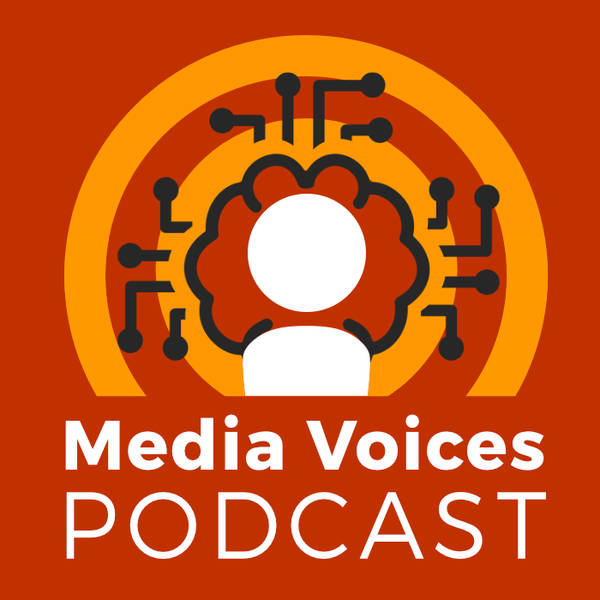
Practical AI Podcast Special: Lessons from local media
Our special podcast documentary explores how local media organisations have got started with AI projects, the benefits they're seeing, the challenges they've faced and what advice they would give to other publishers looking to get into AI. This episode and our corresponding report have been made possible with the support of United Robots.
There's one topic everyone is talking about right now: AI. Since ChatGPT burst onto the scene in November 2022, the potential of AI tools have become very clear to the otherwise uninitiated. Now, everyone from politicians to teachers, technologists, artists and writers are having to grapple with the explosion in use of generative AI and the very real impact it will have on our everyday lives.
But away from the hype of ChatGPT, Bard and other headline-grabbing AI chatbots and generators, it’s important to remember that AI isn’t a new area for publishers. From simple tasks like social media posts to content recommendations right through to more complex tasks like distilling mass datasets in a way that reporters can make sense of, we’ve been using these tools for a number of years.
For publishers of all shapes and sizes, artificial intelligence is still a largely untapped area. Some prominent brands like BuzzFeed have made industry headlines by announcing their plans to use AI to generate quizzes, while CNET won’t be the last publication to get in trouble for letting major errors slip through on articles written by robots.
We’re buckling up for an absolute tsunami of AI-generated content - more than any of us will be able to consume in our lifetimes. The opportunity for publishers, then, as pointed out by Douglas McCabe of Enders Analysis, is to distinguish themselves from the rest of the internet.
This doesn’t mean shunning AI. Instead, we should be looking at how we can use it to free writers, reporters and journalists up to do what they do best.
Looking to local mediaSome of the best examples of how this can work in practice can be seen in local media. Often, such organisations have fewer resources than big names like the New York Times or Bloomberg, and certainly aren’t able to indulge in speculative development and testing of these tools. Instead, there has to be a clearly defined use case, straightforward implementation, and measurable return on investment.
This has been the focus of a new report from Media Voices: Practical AI for Local Media. In this report, Peter Houston explores the myths and misconceptions surrounding AI, what it looks like in practice in local media organisations, the benefits it brings, and how to get started.
The report also includes five case studies from local publishers around the world - who you’ll be hearing from throughout this episode - and how they’ve been using AI tools for years to create and publish journalism that gives local media an edge. We’ve focused on local news organisations, but the processes they went through internally to explore and apply AI tools can benefit publishers of all shapes and sizes, so it's still relevant if you’re looking at what AI can do for you.
In this corresponding documentary-style episode, we hear directly from the publishers themselves and other industry experts about how they approached finding use cases for AI, getting staff on board, tackling issues that came up, and the advice they would give to other publishers looking to get started themselves.
Interviewees: Elin Stueland, Online Editor, Stavanger Aftenblad Joseph Hook, Editor, RADAR AI Jens Pettersson, Head of Editorial Development, NTM Luuk Willekens, Data & Innovation Manager, NRC Media Cynthia DuBose, Vice President, Audience Growth & Content Monetization, McClatchy Professor Charlie Beckett, Director, The Journalism AI Project, LSE Cecilia Campbell, Chief Marketing Officer, United RobotsThanks to United Robots who have sponsored our Practical AI for Local Media report and this episode. Their mission is to empower local news publishers by helping free up reporter time, expand coverage and grow the business by providing routine reporting produced by robots on structured data on topics like sports and real estate. They’ve helped a number of publishers cited in the report get started with automated content, and Cecilia Campbell and her team are hugely knowledgeable about the real opportunities in AI for publishers.
You can find out more about them at unitedrobots.ai
